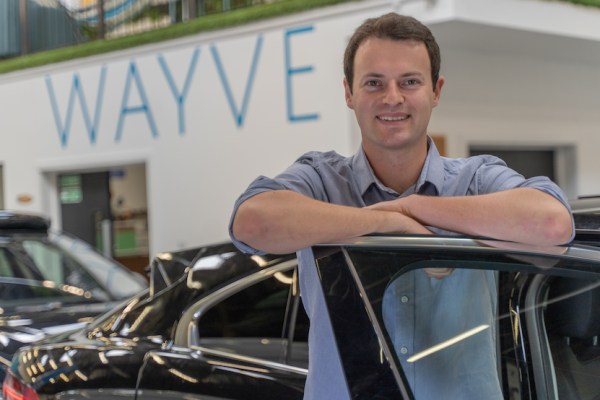British autonomous vehicle startup Wayve has raised a $200 million Series B funding round from investors to scale its technology and expand its partnerships with commercial fleets. Wayve is aiming to be a major player in the arena of Robo-deliveries and logistics.
It’s now raised a total of $258 million to date, for its technology, which relies largely on commodity video cameras around the vehicle tied to on-vehicle AI-driven software, making it highly responsive to its surroundings as it relies less on being connected to 4 or 5G networks.
Eclipse Ventures, a previous investor, led the round. Other participating investors include D1 Capital Partners, Baillie Gifford, Moore Strategic Ventures and Linse Capital, as well as Microsoft and Virgin, and early-stage investors Compound and Balderton Capital. They join strategic investor Ocado Group and angel investors including Sir Richard Branson, Rosemary Leith, Linda Levinson, David Richter, Pieter Abbeel, and Yann LeCun.
Wayve CEO Alex Kendall says Wayve’s test vehicles have managed to successfully negotiate not only London but also cities its vehicles have never been to previously. Given UK streets are typically medieval in layout, this is no mean feat.
Ocado, the UK online grocery technology company, previously invested $13.6 million in Wayve and entered into an autonomous delivery trial with the startup, as has British supermarket chain Asda.
Wayve says its AV2.0 technology is designed specifically for fleet operators, combining a camera-first approach with an embedded AI that continually learns from driving data provided by Wayve’s other partner fleets. The startup’s view is that this makes it a more scalable AV platform than so-called “AV1,0” which requires lots of input from data outside the vehicle like traffic reports, street maps and a complex array of sensors.
Seth Winterroth, Partner, Eclipse Ventures said: “As the industry struggles to solve self-driving with traditional robotics, it is becoming increasingly clear that AV2.0 is the right pathway to build a scalable driving intelligence that can help commercial fleet operators deploy autonomy faster.”
